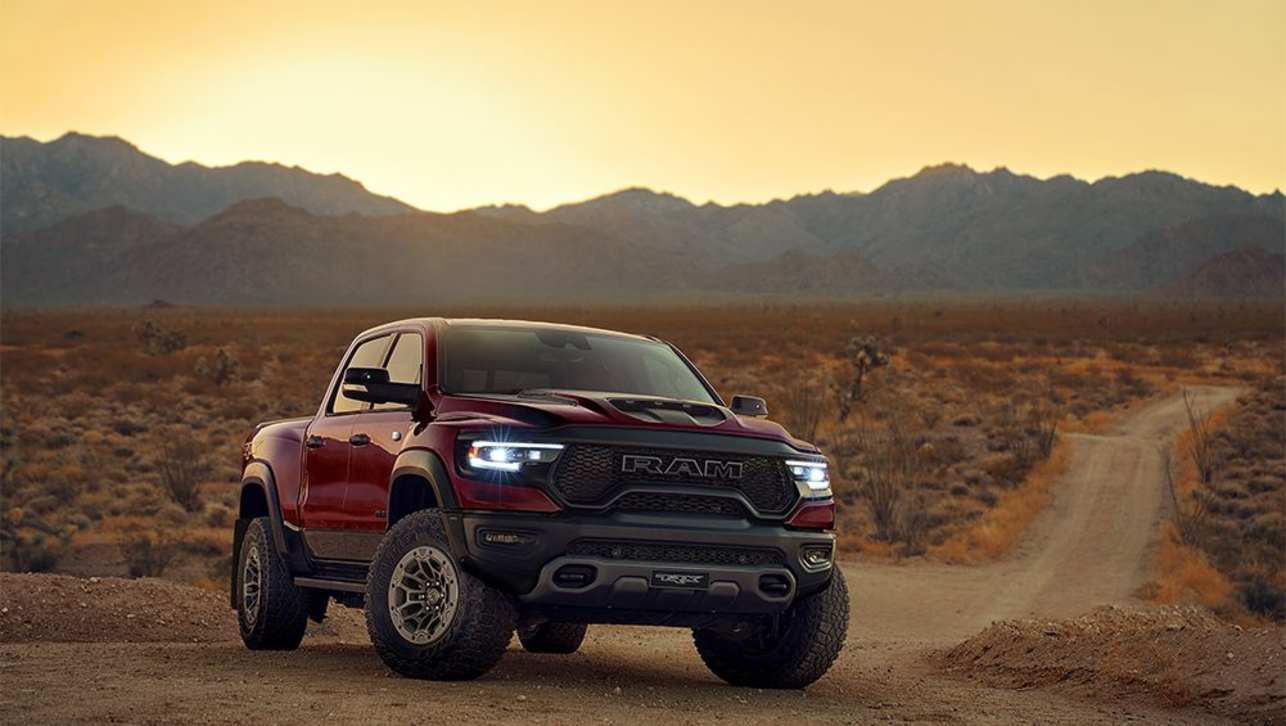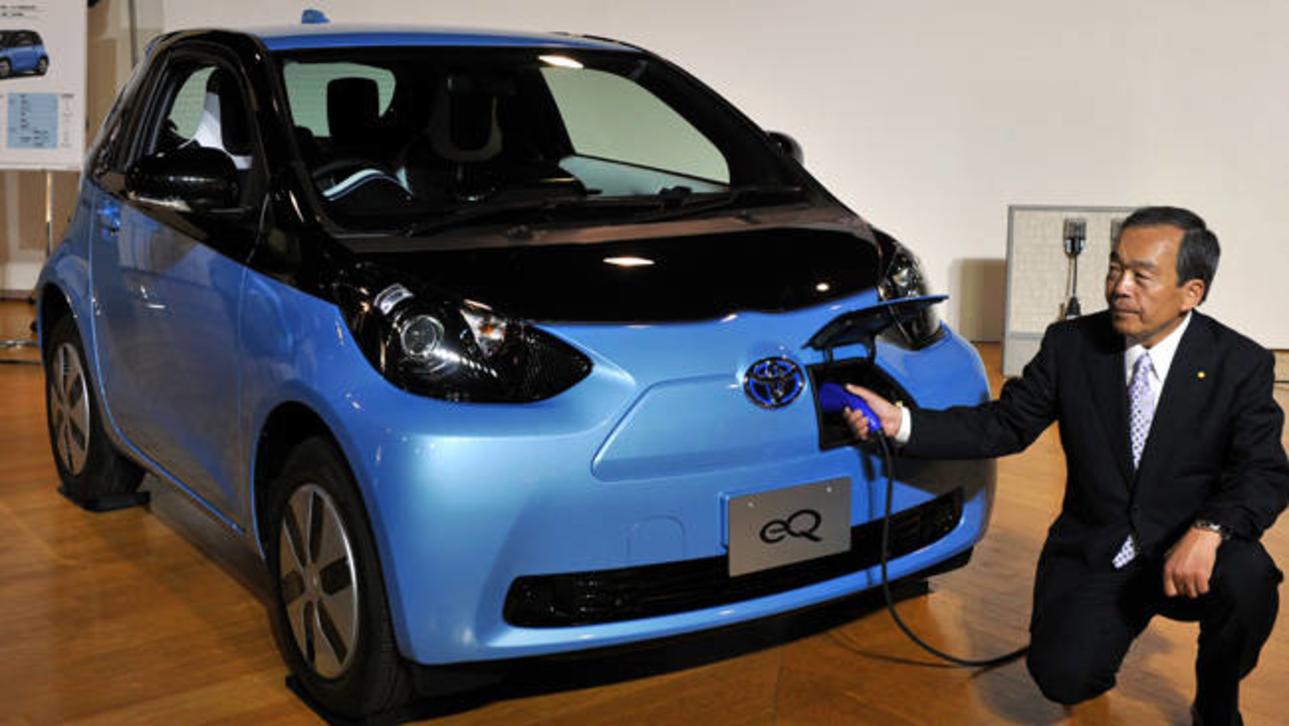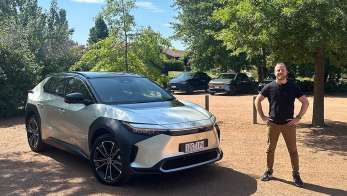From a nightclub on wheels to a car shaped like a hat, many of the wacky vehicles unveiled at the Tokyo Motor Show over the years have been consigned to the annals of motoring history. When Toyota wheeled out a futuristic Prius prototype in 1995 powered by a combination of petrol and electricity, many believed it would go the same way.
Twelve years later, its rivals are still trying to catch up and the hybrid remained on centre stage when the show got under way again this week.
But the hybrid is not the only contender in the fuel-efficiency race, with a host of alternative environmentally-friendly technologies snapping at its heels.
Despite the success of the Prius, carmakers are still hedging their bets on green technologies, with electricity, biofuels, clean diesel and fuel cells also seen as potential future power sources. Unsurprisingly, alternative fuel concepts dominate many stands at the show.
Among them is the 1/X (pronounced one-Xth) plug-in hybrid, which Toyota says is two-thirds lighter than the Prius and twice as fuel-efficient.
It can run on a mixture of petrol and ethanol and uses rigid but lightweight carbon-fibre-reinforced plastic throughout the body frame. Toyota will also show off a luxury hybrid sedan, a hybrid sports car and a new version of its one-seater, three-wheel i-swing 'personal mobility machine,' which caused a stir when it was unveiled two years ago.
Honda, the first carmaker to introduce a hybrid in the US, will be trying to grab attention with its CR-Z lightweight hybrid sports car and its weird Puyo hydrogen fuel-cell concept.
Nissan will show off the latest version of its Pivo egg-shaped electric concept car with a cabin that can rotate 360 degrees.
The Pivo 2 can also drive sideways, thanks to wheels that can turn 90 degrees for easy parallel parking.
The dream of an electric car, which has been around since the time of Thomas Edison, has so far failed to break into the mainstream because of the high development cost and difficulties developing a suitable battery.
Carmakers are also competing to develop lithium-ion rechargeable batteries suitable for long-distance hybrids, but there are safety concerns after massive recalls by laptop computer manufacturers.


.jpg)


.jpg)







.jpg)


.jpg)
.jpg)












Comments